After years of struggling with "difficult" patients, and mastering the "technical skills" of practice, I knew there was more to getting great outcomes.
If you don't already know, the research is clear that there is more to a successful clinical outcome than what you do to patients. If you don't properly engage the patient, your practice and outcomes will suffer.
Most healthcare providers believe they can "fix" patients, or that they are powerless with difficult patients.
Most physical therapists believe that learning technical skill (mobilization and exercise) will help them get better results, but they are missing a crucial step that must come before you do anything to the patient.
Without first creating a therapeutic relationship, the best mobilization or exercise program may not work.
The patient may not stick with the treatment plan and disappear from your schedule, failing to "buy in" to the treatment course of action.
This course will help you solve these major challenges for a better outcome for your patients and your practice.
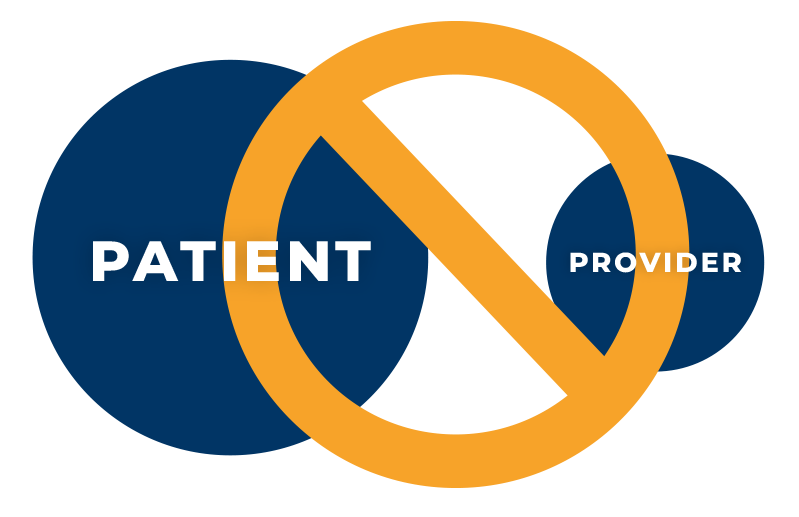
Patient-Centered Care
is a Myth
It does not work! Learn why patient-centered care fails to recognize what really matters for patient success.
Tired of trying to get your patients to "buy in" to their treatment plan?

You know that if patients actively participate in their treatment plan and do their part, they are likely to get better. They are likely to share with others their success. They are likely to come back to see you if there is a problem.
Enroll nowNot your typical con-ed course
What if there was a course that help helped you to get better outcomes and have more energy at the end of the day?
Enroll todayHave you ever wondered...
❖ Why some patients respond to treatment while others struggle?
❖ Why some patients leave you feeling "drained?"
❖ Why some patients seem "eager" to get better while others don't?
❖ Why some patients cancel, no-show, or just stop coming for treatment?
Find solutions with our course
Unlock the power of knowing the "New" science of patient engagement.
More engaged and adherent patients
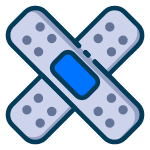
Fewer Cancellations and No-Shows
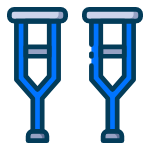
Better Clinical Outcomes

More confidence and less burnout
What if you could learn to see patient care in a whole new way?
Your practice
BEFORE:
-
Frustrated with a higher than desired cancellation and no-show rate.
-
Fed up with non-compliant patients who don't seem to buy in to their treatment plan.
-
Worn down with "difficult" patients that don't seem to get better no matter what you try.
-
Feeling drained and burned out, like your are just going through the motions.
Your practice
AFTER:
-
Excited that patients now see the value of their time with you and show for their appointments.
-
Patients actively engage with their treatment plan and complete their course of care.
-
Confident to recognize that even complex patients no longer have to feel "difficult."
-
Energized because you can be more for your patients. You will feel confident with this new approach, allowing you to feel the passion for your profession.
◆ INTRODUCING ◆
Psychologically Informed for Better Results
An online course empowering learners with the "new" science of patient engagement.
ENROLL NOW
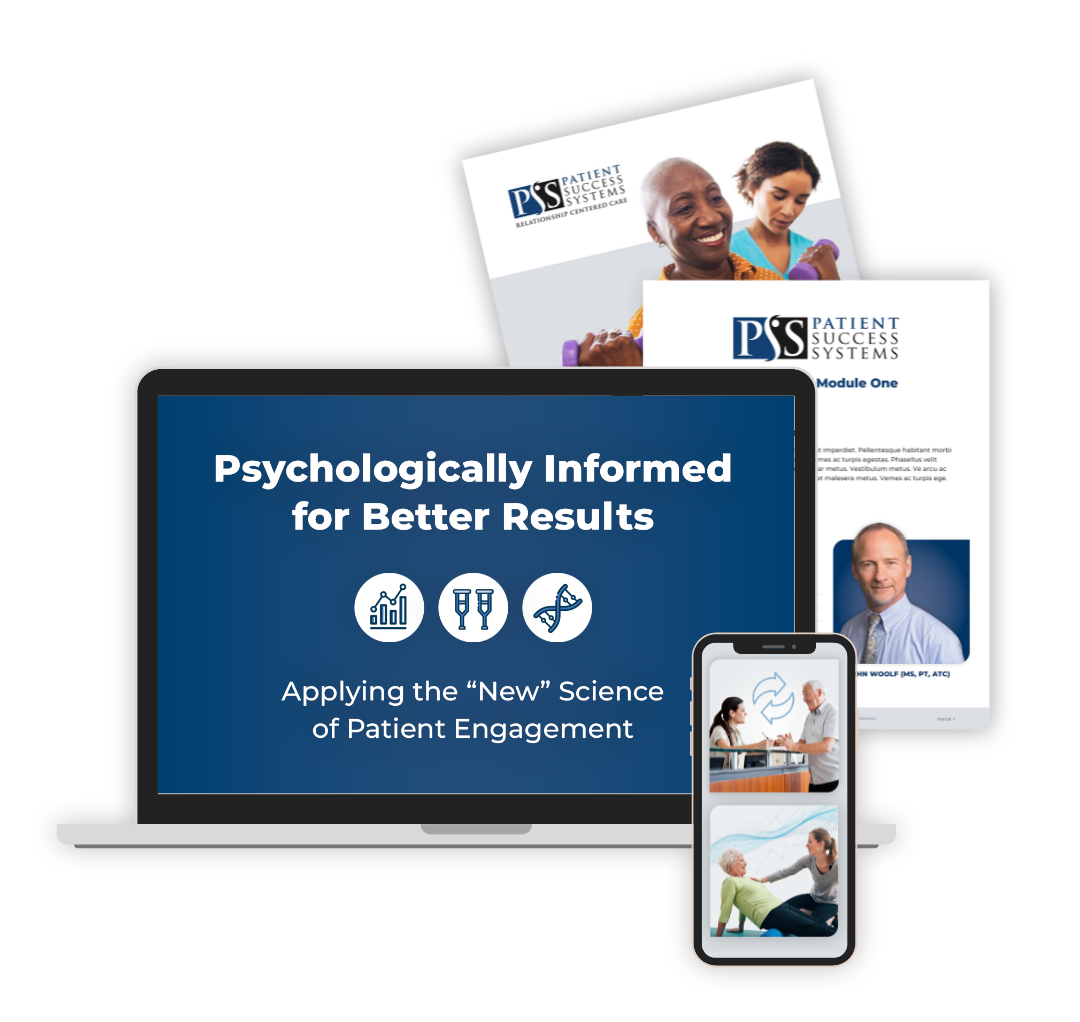
Journey to Better Outcomes

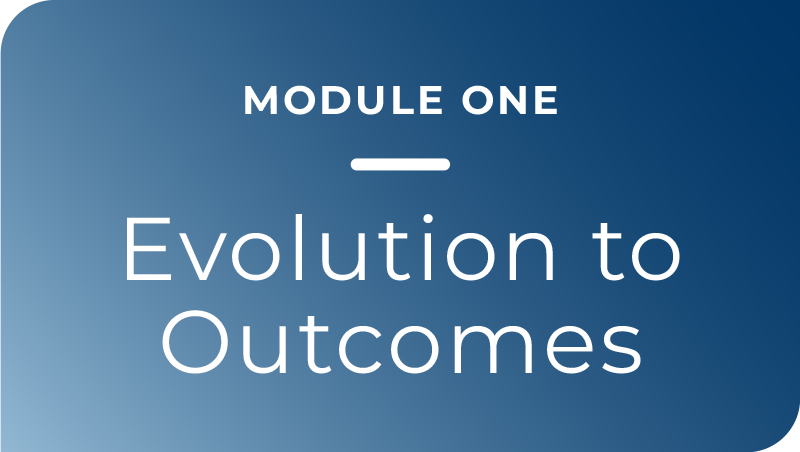
MODULE ONE
Evolution to Outcomes
How did our modern healthcare system get to this point? While our technology as evolved, we face new challenges that we attempt to correct by being "patient-centered". However, patient-centered care is the wrong approach, and we must refocus on what is really important for better results.
- Learn how the healthcare system has evolved with the industrial revolution and the problems it's created.
- Learn why "patient-centered care" is the wrong approach and adopt a new center of care.
- With a new focus comes a new outcome paradigm that provides the foundation of patient success.
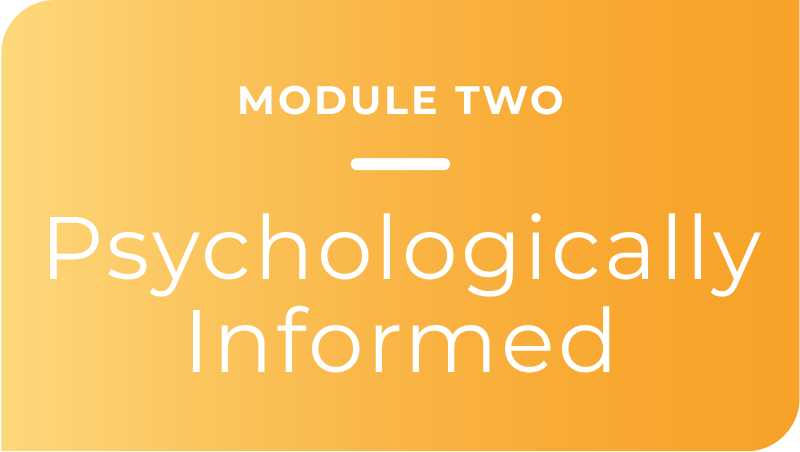
MODULE TWO
Psychologically Informed
Is this really a "new" science? Yes! New research on the topic of patient experience is exploding, and many providers are slow to adopt these findings into their practice. We are not psychologists, however, we must understand some critical basics in order to fully understand what is necessary for patient success.
- Learn how neuroscience is bridging the gap between psychology and rehab science.
- Gain a working model of psychology that lays the foundation for new skills.
- Know the difference between healing and curing to answer a critical question.
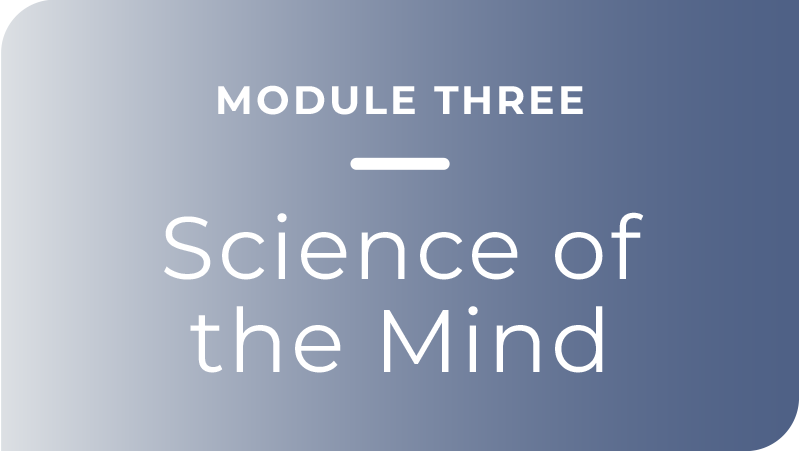
MODULE THREE
Science of the Mind
To become psychologically informed you need to learn how the mind works. While it is intricate and complex, recent evidence provides a new way of understanding experience, engagement, and how memories are encoded and the conditions in which psych emotional trauma are formed.
- Review the empirical research describing how relationship impacts an outcome.
- Learn a working model of the brain and mind so that you can understand how skills work.
- Learn how memories are formed and how traumatic experiences can result in symptoms of PTSD.

MODULE FOUR
Emotion and The Social Brain
Emotion is the foundation of all meaningful relationships. How we generate and regulate emotions determines the degree to which we are able to connect with our patients. Humans are designed with mind reading capabilities that ensure we connect with others and provides the mechanism that enable empathy.
- Learn how emotions are generated and the ways in which we can regulate our emotions to increase performance.
- Appreciate the Social Brain and how it allows us to read the minds of others and interpret their intentions.
- Understand empathy not as something we do to patients, but rather something that is co-created.

MODULE FIVE
Common Factors Model
What if you learned that only 25% of a clinical outcome can be attributed to your treatment technique? Recent research has discovered that much of the treatment effect can be explained with Common Factors, the core of which is the Therapeutic Alliance. If you want better outcomes, you must applies these key elements.
- Learn the Common Factors Model and how it applies to rehab medicine.
- Apply the Common Factors Model in the context of a therapeutic relationship.
- Learn the conditions necessary for a successful therapeutic alliance.
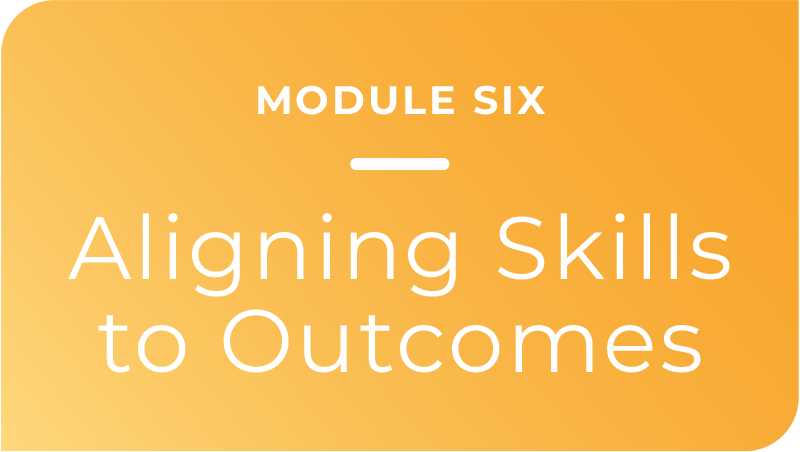
MODULE SIX
Aligning Skills to Outcomes
Why does a patient stay engaged in their treatment plan? While there are many factors, we know that if a patient is not satisfied, they will not stay with it. The patient must perceive value or they will stop coming to treatment. When you learn what is important to your patient, you are more likely to achieve alignment that results in a successful outcome.
- Review the science that describes the determinants of patient satisfaction.
- Apply the science to a case study that illustrates ways in which to achieve alignment and a successful outcome.
- Review the Psychologically Informed Skills and the ways it can transform your practice.

OUR LEARNERS
Who is this course for?
Any healthcare provider who wants to better understand the science of patient engagement and build the foundation to develop or improve skills for better outcomes.
Course Details
6
weekly modules & extras
11+
hours of video training
3
hours of live training
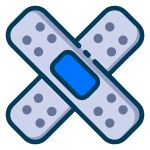
Scientific Foundation
Psychology and neuroscience are combined to build a foundation upon which you can develop new skills.
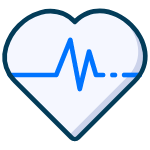
Practical Exercises
Apply each week's learning to your practice with helpful exercises that reinforce learning.

Build a "New" Toolbox
With a new toolbox you will develop a new set of 'power skills' to achieve better engagement and outcomes.
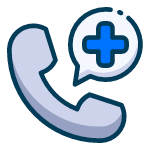
Connect with Others
Build your network and connect with others who are getting "psyched up". Learn by sharing your experience.
Why Start this Journey Now?
More Satisfied & Engaged Patients
When you successfully connect with patients, you will unleash the power of the therapeutic alliance.
Clinical Mastery
With a new foundation, you will truly understand what it means to "treat the person". The patient and person become one and you become the master guide to help them to a better outcome.
Better Clinical Outcomes
Make sure your technical clinical skills have a chance to work, by understanding ways in which patients are best motivated.
Still not sure? Contact us.
With limited con-ed dollars, it is critical to invest in education that will make the most difference in your practice.
Schedule a complimentary call now

Even with advanced manual therapy and exercise training, I knew I was missing critical information when treating patients.
What I did not know at the time, was that there are a whole new set of skills that make all of my advanced training more effective in getting better outcomes. To learn these skills I had to go to the science of psychology.
Now, having nearly completed a PhD in Performance Psychology, I am ready to share a gold mine of science that will transform your practice.


Frequently Asked Questions
How long is the course?
How will the class work?
Do you have a money back guarantee?
Are the videos downloadable?
How long will I have access to the course??
What payment options do you provider learners?
In what currency payment?
How do obtain CEU's?
If I don't need CEUs can I just get a Certificate of Completion?

Success Stories

I have attended a lot of con-ed courses. This one was completely different, I knew some of this stuff, but never understood why some providers did a better job of connecting than others. I never appreciated the complexity in the engagement. It has totally transformed our practice!
ANDREW A.

I completely underestimated the value of my undergraduate psychology classes, but I never understood psychology like this. I'm not a psychologist, but I learned that psychology is in everything, and I now have a new way of understanding how it fits in my practice. Great stuff!







